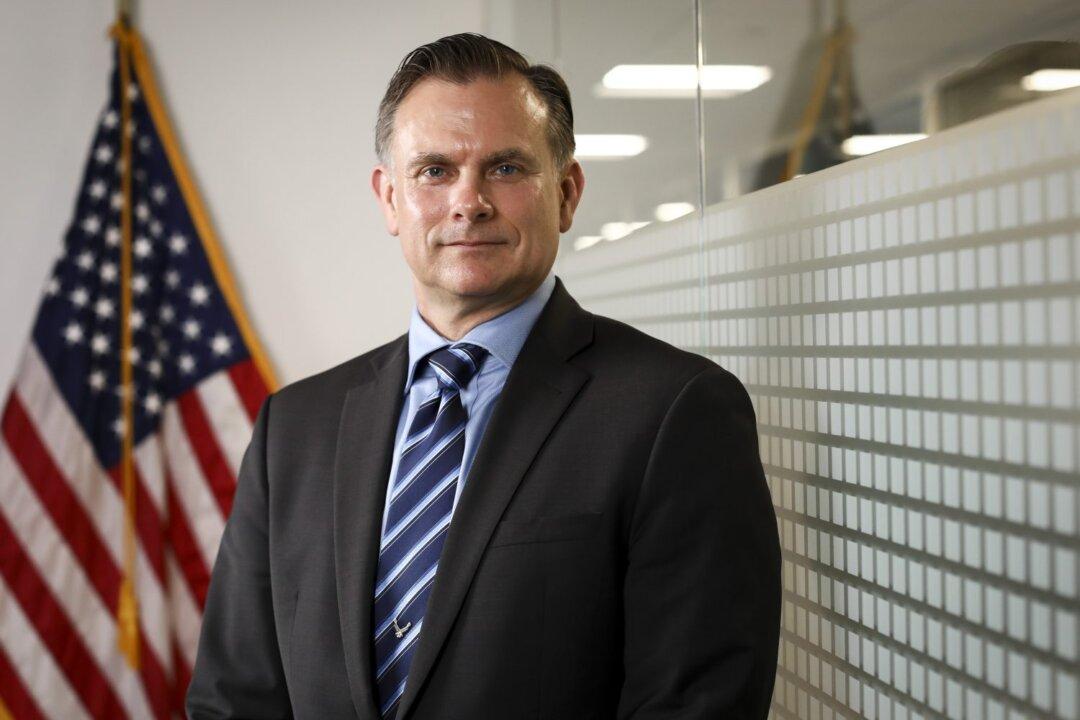In clinching an unprecedented third term, Chinese leader Xi Jinping is showing the world his vision of China: one that is more aggressive and at odds with the values of the free world, according to retired Air Force Brig. Gen. Robert Spalding.
“China is going to be much more aggressive, both militarily and with regard to foreign policy, and I think this is going to be a big challenge for the free world,” Spalding, who served as a senior director for strategic planning at National Security Council under Trump administration, told Newsmakers, a co-production by The Epoch Times and NTD.





